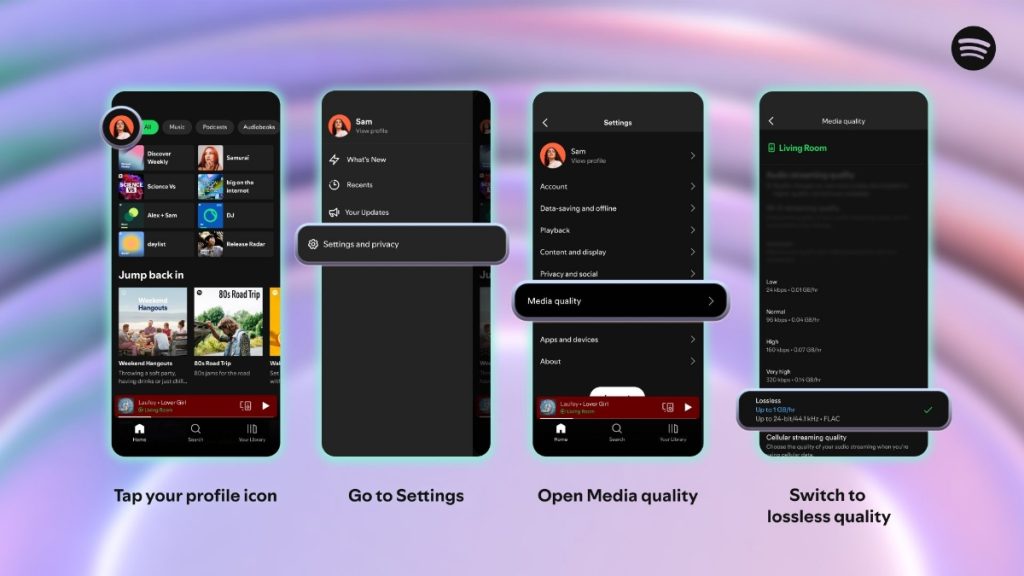By
Abiodun Ayobami
In the dynamic and highly competitive world of technology, building an effective sales funnel is essential for driving revenue, fostering growth, and ensuring long-term success. For tech products, the sales funnel is not just about guiding prospects towards a purchase; it’s about educating them, building trust, and consistently demonstrating value at every stage. This approach is particularly crucial in African markets, where the tech industry is rapidly expanding, and consumer expectations are evolving alongside increased digital adoption.
Understanding the Sales Funnel for Tech Products
A sales funnel is a visual representation of the customer journey from initial awareness of a product to the final purchase decision. The funnel is typically divided into stages—awareness, consideration, and decision—each requiring tailored strategies to effectively move prospects down the funnel.
Awareness Stage: At the top of the funnel, the goal is to attract potential customers and make them aware of your tech product. This is where digital marketing strategies like content marketing, social media outreach, and search engine optimization (SEO) come into play. The challenge here is to create content that not only grabs attention but also educates the audience about the problem your product solves.
For example, a fintech company might produce blog posts or videos explaining common financial challenges faced by small businesses in Africa and how their software solutions can address these issues. According to a study by HubSpot, companies that effectively utilize content marketing to drive awareness see a 54% increase in sales opportunities (HubSpot, 2023). This is because educational and engaging content positions the company as an industry expert, building trust early in the customer journey.
Consideration Stage: Once potential customers are aware of your product, the next step is to nurture these leads and guide them through the consideration stage. Here, personalization becomes a critical component. Digital marketing experts emphasize the importance of personalized content and targeted campaigns that address the specific needs and pain points of different customer segments.
By leveraging data analytics, tech firms can gather insights into customer behavior and preferences, allowing them to tailor their messaging and offers. This might include sending targeted emails with case studies, offering webinars, or providing product demos that highlight the unique features and benefits of your tech product. McKinsey & Company reports that personalized marketing experiences can drive a 15% increase in revenue for tech companies (McKinsey & Company, 2021). These personalized interactions not only engage potential customers but also build a deeper connection with them, increasing the likelihood of conversion.
Decision Stage: At the bottom of the funnel, the focus shifts to closing the deal. In this stage, trust-building tactics are crucial. Potential customers are weighing their options and need reassurances that your product is the best fit for their needs. Offering free trials, showcasing customer testimonials, and providing clear and transparent pricing models can significantly boost conversion rates.
A study by Gartner found that B2B tech companies with transparent pricing models see a 13% higher conversion rate than those without (Gartner, 2022). Transparency in pricing and the availability of credible customer testimonials help alleviate any final doubts the prospects may have, making them more comfortable with making a purchase decision.
Enhancing Operational Efficiency Through Automation
Operational efficiency is a key factor in maintaining a smooth and effective sales funnel. Automation tools play a vital role in streamlining the process, ensuring that leads are properly nurtured and no prospect slips through the cracks. For instance, Customer Relationship Management (CRM) systems can automate follow-up emails, track customer interactions, and provide sales teams with valuable insights into the status of each lead.
Automation also allows for consistent engagement with leads without the need for constant manual input, freeing up valuable time for sales teams to focus on high-priority tasks. This not only improves efficiency but also ensures a more personalized and timely interaction with prospects, which is critical in the tech industry where the sales cycle can be complex and lengthy.
Measuring Success: Key Metrics
Building a successful sales funnel is not a one-time effort; it requires continuous optimization based on measurable metrics. To assess the effectiveness of a sales funnel, tech companies should track key performance indicators (KPIs) such as:
- Lead Conversion Rate: The percentage of leads that move from one stage of the funnel to the next. A higher conversion rate indicates that the sales funnel is effectively guiding prospects through the buying journey.
- Customer Acquisition Cost (CAC): The total cost of acquiring a new customer, including marketing and sales expenses. Keeping CAC low while maintaining high conversion rates is a sign of an efficient sales funnel.
- Customer Lifetime Value (CLV): The total revenue a company expects to earn from a customer over the lifetime of their relationship. A high CLV indicates that the company is not only acquiring customers but also retaining them and maximizing their value.
- Sales Cycle Length: The average time it takes for a lead to move through the entire sales funnel from initial contact to final purchase. A shorter sales cycle typically indicates a more efficient funnel.
By regularly analyzing these metrics, tech companies can identify areas for improvement, whether it’s refining the content used at the awareness stage, enhancing personalization during the consideration stage, or improving the trust-building elements in the decision stage.
Conclusion
Building a winning sales funnel for tech products is a complex but rewarding endeavor. By understanding the nuances of each stage of the funnel and employing strategies that resonate with potential customers, tech companies can significantly enhance their sales performance. In the rapidly growing and competitive tech landscape, especially in regions like Africa, where digital transformation is accelerating, a well-structured sales funnel is not just beneficial—it’s essential.
For tech businesses looking to thrive, the key lies in combining effective digital marketing techniques with data-driven insights to create a sales funnel that is not only efficient but also adaptable to changing market dynamics. By focusing on delivering value, building trust, and continuously optimizing the process, companies can build a sales funnel that drives sustained growth and long-term customer loyalty.



Leave a Reply